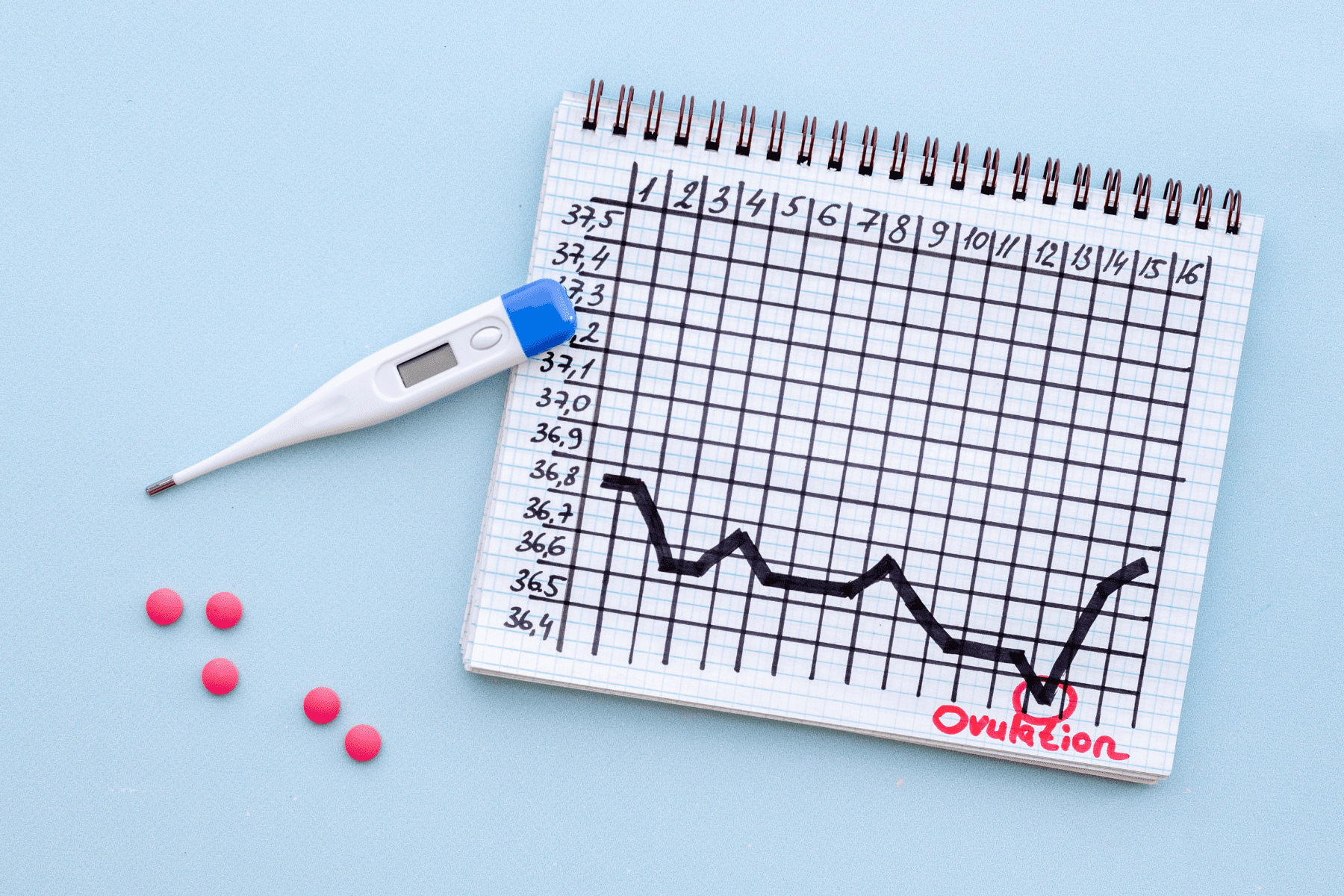Age has an impact on several facets of reproductive health, and while advanced treatments can mitigate some of these obstacles, there is no way to reverse the effects of aging.
That being said, while fertility declines with age, it doesn’t follow an exact year before hitting a downward slope. Young women can experience premature ovarian failure or early menopause, while women of an older maternal age can conceive naturally at 40. Statistically, these scenarios are more unlikely, but certainly not impossible.
Let’s set the record straight by translating the confusing barrage of information women receive every day.
Egg quantity
Women are born with all the eggs they will ever have, meaning that fertility is “fixed” and new eggs cannot be generated. At birth, a woman has roughly 1-2 million immature eggs in her ovaries. By puberty, that number declines to 400,000. By age 37, that number drops to 25,000. In a woman’s lifetime, she will ovulate around 500 eggs during monthly cycles.
Egg quality & chromosomal abnormalities
As egg quantity declines, egg quality falls with it. The aging process as well as medical diagnoses such as Lupus or cancer and the medication or treatments required to manage them can contribute to diminished egg quality. The aging process in particular can impact the chromosomal health of an egg, with time causing a chromosomally healthy egg (euploid) to become abnormal (aneuploid). For example, the incidence of Down Syndrome changes from 1:1,250 for women age 25 and falls to 1:30 for women age 45.
Women unable to contribute genetically healthy eggs do have third party reproduction options such as donor egg. Genetic screening of embryos for abnormalities, known as PGT-A, can also be performed on embryos to ensure the best possible outcome.
Monthly chances of conception
Even at peak fertility, your chances of conceiving in any given month are far from guaranteed. For this reason, it usually takes couples roughly six months to achieve a pregnancy. With age, monthly chances of conceiving also decline:
- At age 20, women have a 25% chance of getting pregnant each month
- At age 30, women have a 20% chance of getting pregnant each month
- At age 35, women have a 15% chance of getting pregnant each month
- At age 40, women have a 5% chance of getting pregnant each month
Pregnancy loss
Miscarriage is not limited to those with infertility. One in four women will experience miscarriage, with the most common cause being genetic abnormality. Most miscarry before they even notice a missed period. With age, chances of pregnancy loss increase.
- Under age 35: 15% chance of pregnancy loss
- Age 35-45: 20-35% chance of pregnancy loss
- Over age 45: 50% chance of pregnancy loss
Menopausal factors
Most women experience menopause between the ages of 40-58, with an average age of 51. While rare, some women begin experiencing menopausal symptoms early. The transition phase of menopause is known as perimenopause, and can last 4-8 years before menopause begins. Some women at the beginning of the perimenopausal process may be able to take medication that will reverse the onset of menopause, allowing them to pursue fertility treatment.
IVF success
The graph above offers an accurate illustration of how in vitro fertilization (IVF) success rates decline with age. You’ll notice that even for younger patients, success rates are less than 50%. With time, these numbers decline. Where necessary, third party reproduction options such as donor egg, donor sperm and gestational carrier can help these numbers rise.
Wherever you find yourself on your journey to parenthood, we encourage you to seek the advice of a specialist if you are experiencing any challenges. For couples who would like a simple, affordable way to evaluate their reproductive potential, we recommend booking an appointment for a Fertility Awareness Checkup ($90).
Sorry, no medical team available right now!







